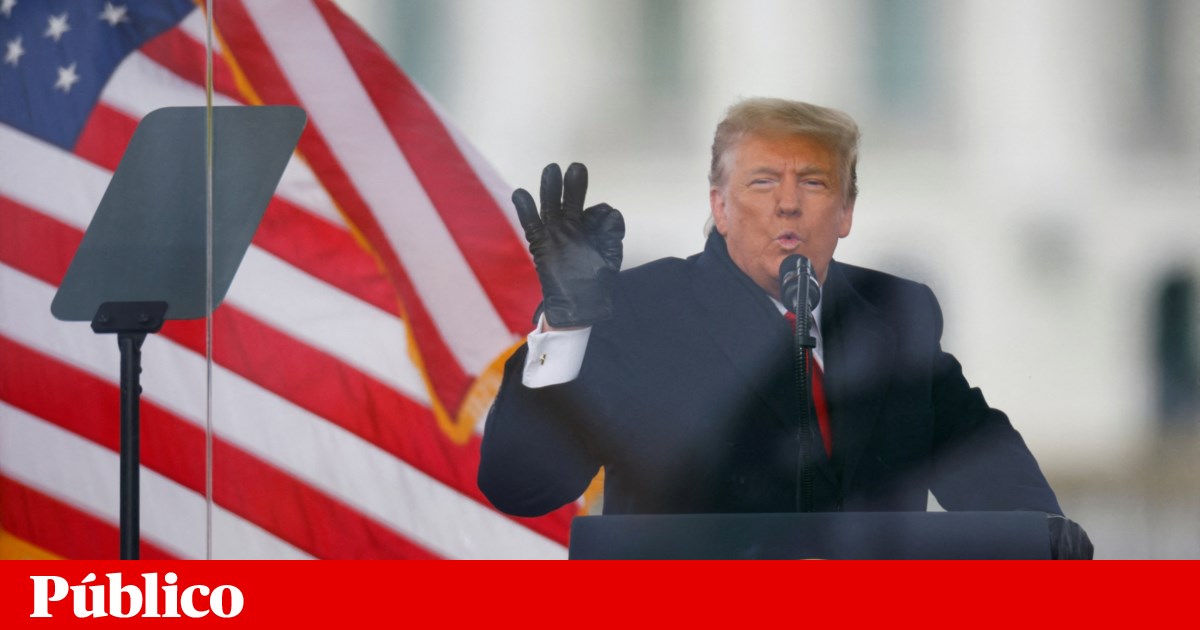In an unprecedented decision in US history that could spare Donald Trump from prosecution for attempted electoral sabotage ahead of the upcoming presidential election, the country’s Supreme Court said Monday that North American presidents enjoy some immunity from criminal charges after their term ends, as long as the acts in question are official and not private.
The decision, which was agreed by the Supreme Court’s six conservative justices and dissented by the three liberal justices, sends back to the lower courts the case in which Trump is accused of trying to sabotage the 2020 presidential election, so that a distinction can be made between the former president’s official and private actions between the 2020 election, on November 3 of that year, and the invasion of the Capitol, on January 6, 2021.
According to many experts, the process sparked by the Supreme Court’s decision is unlikely to be completed before November. In the near future, the Washington, D.C., judge prosecuting the case, Tanya Chutkan, is expected to hold a series of new hearings, with several witnesses, to try to determine whether it is possible to distinguish between the various Trump initiatives in 2020 and 2021; After that, Trump will be able to appeal again to the US Court of Appeals and the Supreme Court.
If he is elected to the White House before he is tried in the process, Trump could order the new US attorney general to drop the charges; If he is tried and convicted before November, he may try to pardon himself if he is in the White House.
At issue in the Supreme Court’s decision was an appeal of the criminal indictment brought by US Department of Justice Special Prosecutor Jack Smith against Trump, which accuses the former US president of committing four crimes during the 2020 post-election period.
At that time, according to the indictment, Trump conspired with others to defraud the United States and deprive American citizens of their rights. He conspired to obstruct and impede an official act – in this case, the Electoral College vote counting ceremony, on January 6, 2021, which was interrupted by an invasion by his supporters.
According to Trump, most of the initiatives he developed during the period in question – including the pressure exerted on election officials not to certify Biden’s victory at the polls and the promotion of the plan to send fraudulent electoral certificates to the US Congress – took place in 2018. Carrying out his presidential duties, under the pretext that An attempt to stop election fraud. Since they are official acts, according to Trump’s interpretation, these initiatives cannot be the target of criminal investigations, as North American presidents must enjoy immunity from criminal prosecution, on pain of politically motivated criminal charges.
For its part, the Justice Department argued before the Supreme Court that no citizen should be above the law, and that Trump tried to subvert the results of the 2020 election after top officials in his administration — including then-Attorney General William Barr — and the courts rejected claims of voter fraud.
This is the first time that US Supreme Court justices have ruled on whether presidents enjoy any kind of immunity from criminal prosecution, and the decision will have an impact not only on the criminal charges against Trump.
In 1982, in a decision on an old complaint against Richard Nixon, the justices of the Supreme Court Established that North American presidents cannot be defendants in civil proceedings, after the expiration of their terms, when claims for compensation resulting from official decisions are at stake; In 1974, in another Nixon-related decision, the US Supreme Court ruled that US presidents may not refuse, on the basis of executive privilege, to provide evidence to investigators in a criminal case.

“Hardcore alcohol maven. Hipster-friendly analyst. Introvert. Devoted social media advocate.”

